Three Portland State University students from the Maseeh College of Engineering and Computer Science and the Nohad Toulan School of Urban Studies and Planning received 2018 WTS Portland scholarships. Each year, the Portland Chapter of WTS bestows scholarships to assist exceptional women in their educational pursuits in the field of transportation. The scholarships are competitive and based on the applicant’s specific goals, academic achievements, and transportation related activities.
WTS is an international organization that supports women in transportation through professional development, mentorship, leadership training, and so much more to support their advancement in the transportation profession. We're proud to be a local partner with the Portland Chapter of WTS, even more so of these students advancing their transportation careers and the recognition for their achievements so far.
Through our national research center housed here at TREC, the National Institute for Transportation and Communities (NITC...
Read more
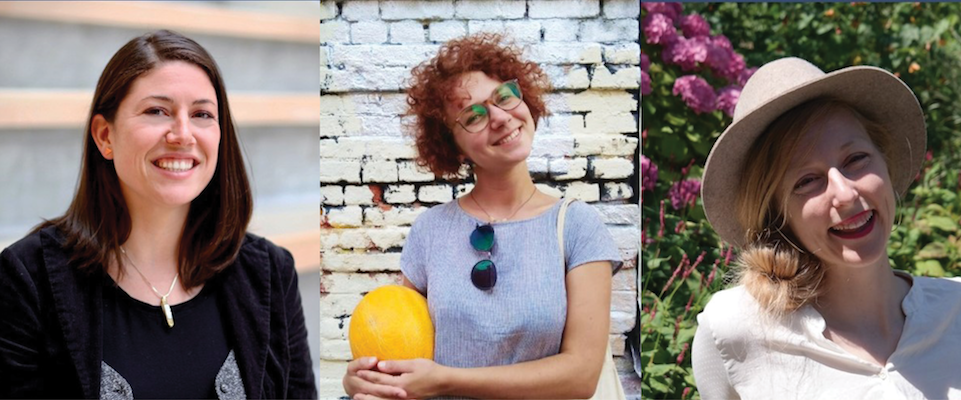
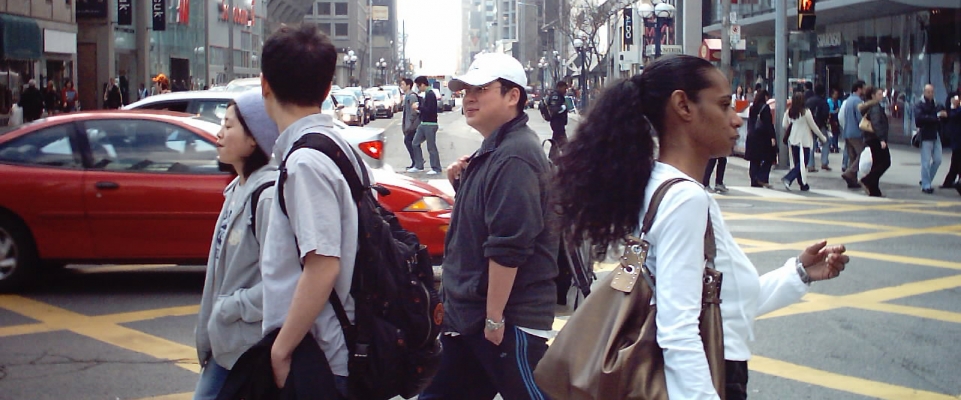
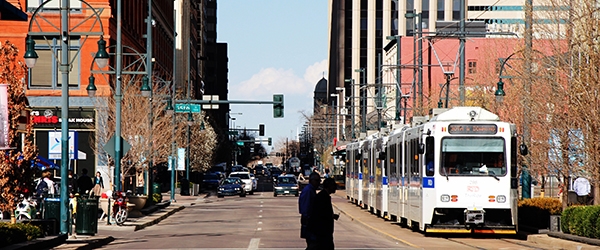
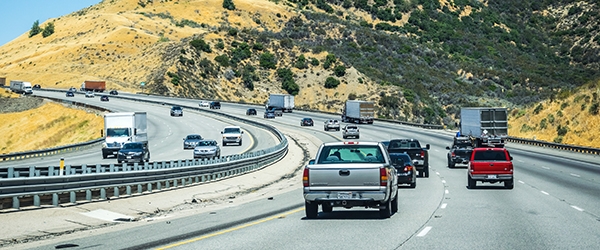
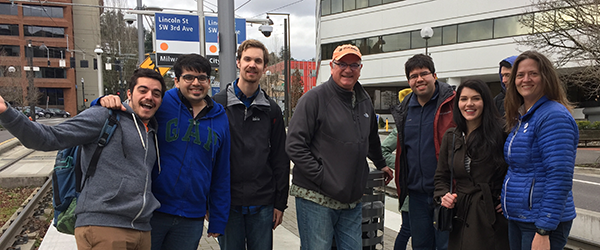
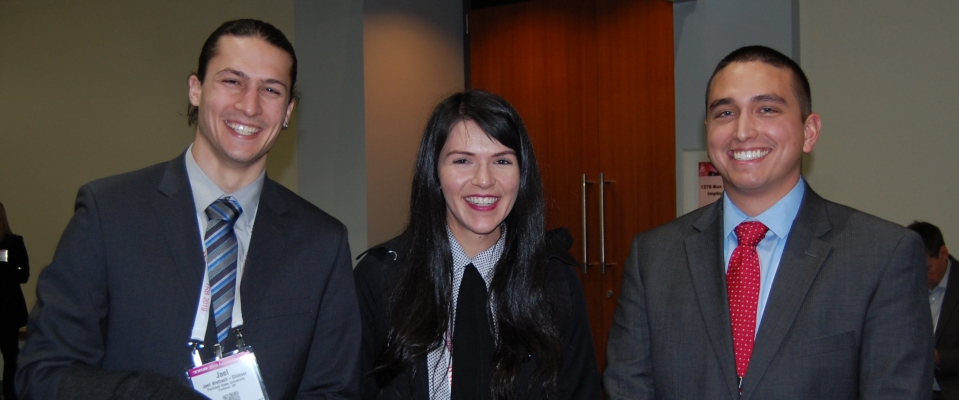
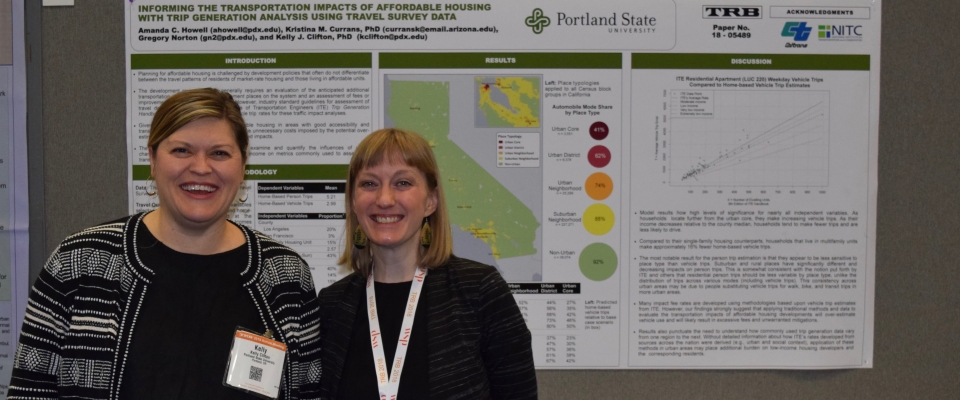
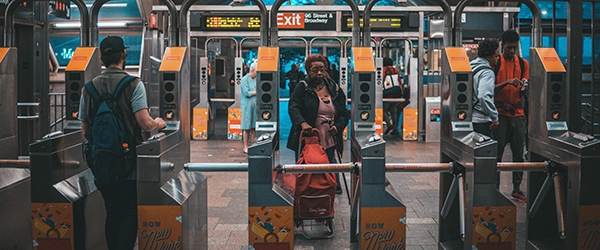
 This article was
This article was 